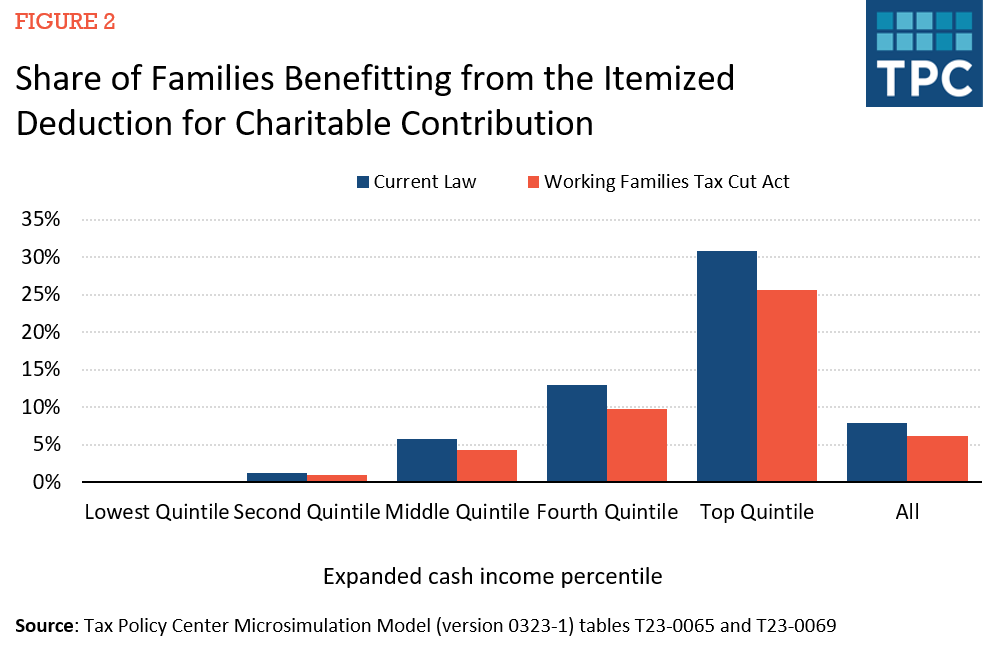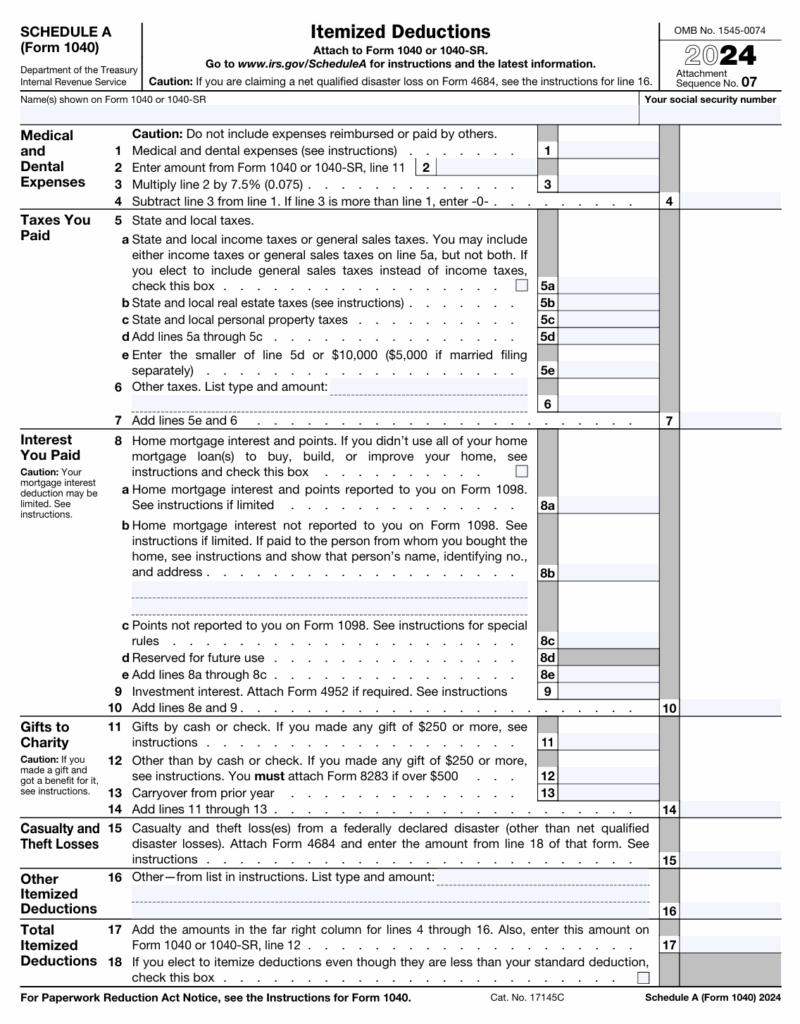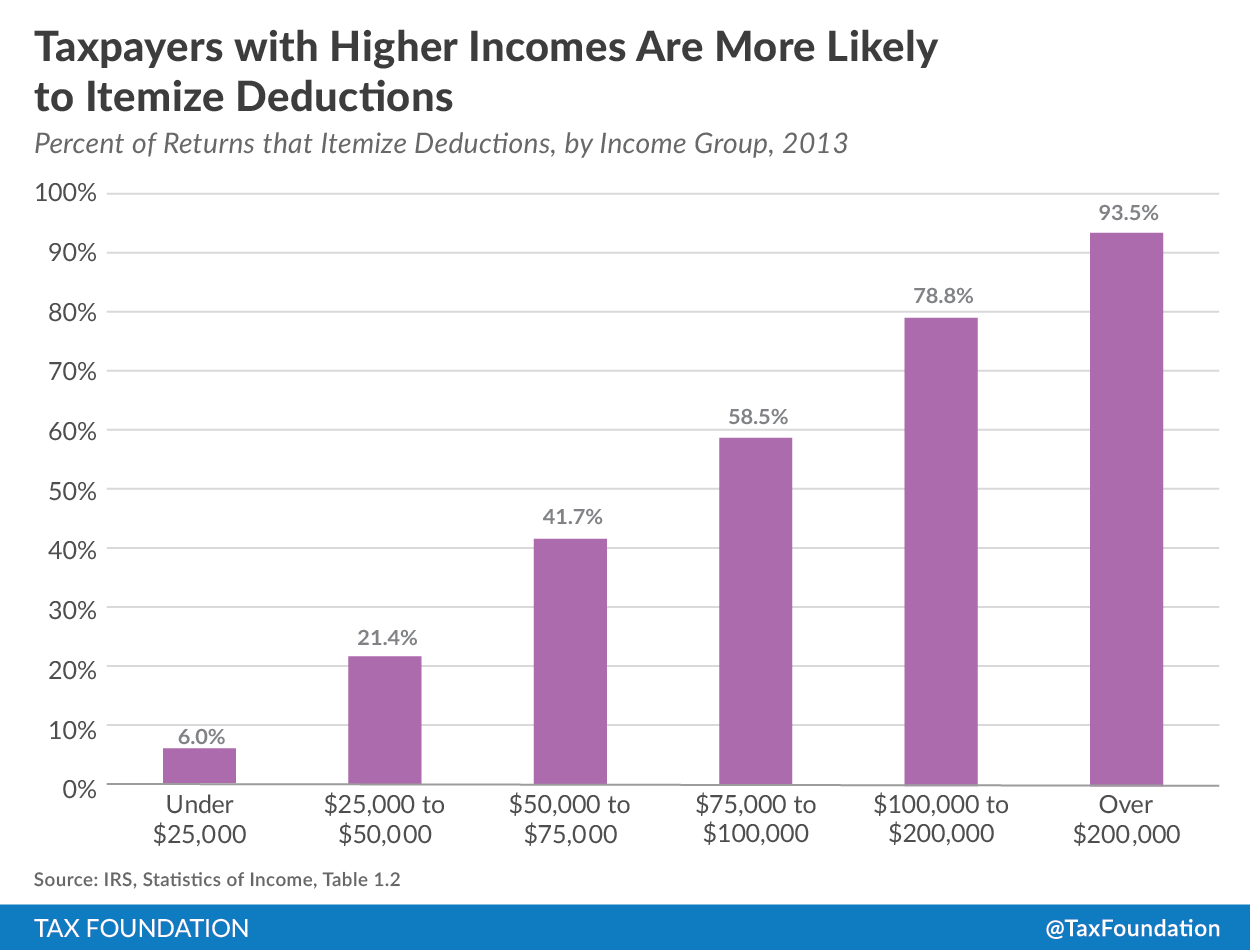A parent-friendly explanation of how the FEIE Standard Deduction impacts family tax filing
All You Need to Know Regarding the Foreign Earned Revenue Exemption and Its Connection to the Typical Reduction
The Foreign Earned Income Exemption (FEIE) provides an essential possibility for united state people and resident aliens working abroad to minimize their gross income. Comprehending the qualification criteria and claiming procedure is important. The interaction in between the FEIE and the standard deduction can complicate tax approach. Mistakes in navigating these guidelines can cause missed out on benefits. Exploring these aspects reveals vital details for reliable tax obligation planning and optimizing financial advantages.
Recognizing the Foreign Earned Revenue Exemption (FEIE)
The Foreign Earned Revenue Exemption (FEIE) functions as an essential tax obligation stipulation for united state residents and resident aliens that work abroad, allowing them to leave out a substantial section of their foreign-earned earnings from U.S. government taxes. This stipulation is essential for individuals living outside the United States, as it helps mitigate the financial problem of double taxes on earnings made in international nations. By utilizing the FEIE, qualified taxpayers can lower their gross income considerably, advertising financial security while living and functioning overseas. The exemption amount is changed annually for rising cost of living, guaranteeing it shows current economic conditions. The FEIE is especially beneficial for those in regions with a greater expense of living, as it permits them to preserve even more of their revenues. Recognizing the technicians and effects of the FEIE encourages migrants to make informed financial decisions and maximize their tax scenarios while residing abroad.
Eligibility Demands for the FEIE
To get the Foreign Earned Income Exclusion, individuals must satisfy certain qualification needs that consist of the Residency Examination and the Physical Visibility Test. Furthermore, employment status plays a crucial duty in figuring out qualification for this tax benefit. Comprehending these criteria is necessary for any individual seeking to make the most of the FEIE.

Residency Examination Standard
Determining qualification for the Foreign Earned Income Exemption (FEIE) depends upon conference specific residency test standards. Mainly, people have to establish their tax home in an international country and demonstrate residency through either the authentic house test or the physical presence test. The authentic home test needs that a taxpayer has established a copyright in a foreign country for a nonstop duration that covers a whole tax obligation year. This includes demonstrating intent to make the foreign place a principal home. Additionally, the taxpayer has to display connections to the foreign country, such as securing family members, work, or real estate links. Meeting these residency standards is vital for getting approved for the FEIE and efficiently reducing tax obligation liabilities on made earnings abroad.
Physical Visibility Examination
Fulfilling the residency criteria can likewise be achieved with the physical existence test, which supplies an alternate path for getting approved for the Foreign Earned Revenue Exclusion (FEIE) To satisfy this examination, a private need to be literally present in a foreign nation for a minimum of 330 complete days throughout a consecutive 12-month duration. This need emphasizes the relevance of real physical presence, instead of simply preserving a home abroad. The 330 days do not need to be consecutive, permitting for versatility in traveling setups. This examination is particularly beneficial for U.S. people or residents working overseas, as it allows them to leave out a considerable portion of their international gained revenue from united state taxes, thus minimizing their general tax obligation
Work Status Needs
Eligibility for the Foreign Earned Revenue Exemption (FEIE) rests on particular employment condition needs that individuals must fulfill. To certify, taxpayers must show that their income is stemmed from foreign sources, generally through work or self-employment. They must be either a united state citizen or a resident alien and keep a tax home in a foreign nation. Additionally, individuals need to satisfy either the Physical Visibility Test or the Bona Fide Residence Examination to develop their international condition. Self-employed individuals have to report their net incomes, ensuring they do not exceed the established exclusion restrictions. It's important for applicants to maintain correct documents to confirm their claims pertaining to work standing and international earnings throughout the tax obligation year.
Exactly how to Assert the FEIE

Eligibility Requirements Discussed
For people seeking to take advantage of the Foreign Earned Revenue Exclusion (FEIE), understanding the qualification requirements is important. To certify, one must meet 2 main examinations: the bona fide residence examination or the physical visibility examination. The authentic house test uses to those who have actually established a copyright in an international nation for an undisturbed duration, usually a year or even more. Alternatively, the this content physical visibility examination needs people to be literally present in an international nation for at the very least 330 days throughout a 12-month duration. FEIE Standard Deduction. Furthermore, just earned earnings from foreign resources receives exemption. Meeting these standards is important for taxpayers desiring to minimize their taxable income while staying abroad
Required Tax Return
How can one successfully claim the Foreign Earned Revenue Exclusion (FEIE)? To do so, details tax kinds have to be used. The main type required is internal revenue service Form 2555, which permits taxpayers to report foreign made income and claim the exclusion. This kind calls for comprehensive information about the individual's international residency and the revenue earned while living abroad. Furthermore, if asserting the exclusion for housing prices, Form 2555-EZ may be made use of for simpleness, supplied specific criteria are met. It is crucial to guarantee that all essential sections of the types are finished precisely to stay clear of hold-ups or concerns with the IRS. Recognizing these kinds is vital for making best use of the advantages of the FEIE.
Filing Process Steps
Asserting the Foreign Earned Earnings Exclusion (FEIE) involves a series of clear and well organized actions. Individuals must identify their qualification, confirming they meet the physical presence or bona fide residence tests. Next off, they must complete internal revenue service Type 2555, describing earnings made abroad and any applicable exemptions. It is important to gather supporting documents, such as foreign income tax return and evidence of home (FEIE Standard Deduction). After submitting the kind, taxpayers should affix it to their annual tax return, normally Kind 1040. Filing digitally can improve this process, yet ensuring precise information is essential. Individuals must keep duplicates of all sent forms and sustaining documents for future recommendation in case of audits or inquiries from the Internal revenue service.
The Requirement Reduction: An Introduction
The standard deduction offers as a crucial tax obligation advantage that simplifies the declaring procedure for lots of individuals and families. This deduction permits taxpayers to minimize their taxed income without the need to make a list of reductions, making it an attractive option for those with uncomplicated monetary scenarios. For the tax year, the typical deduction amount differs based upon filing status, with different limits for single filers, wedded pairs submitting jointly, and heads of house.
The conventional deduction is changed each year for rising cost of living, guaranteeing its significance with time. Taxpayers who qualify can pick between the conventional deduction and detailing their reductions, usually choosing the better advantage. By giving a standard deduction, the conventional reduction sustains taxpayers in lowering their general tax obligation obligation, thus enhancing their financial position. Recognizing the conventional reduction is crucial for effective tax obligation planning and making the most of prospective financial savings for individuals and households alike.
Interaction In Between FEIE and Common Deduction
While both the Foreign Earned Earnings Exemption (FEIE) and the typical deduction offer to decrease gross income, their communication can considerably influence a taxpayer's general tax obligation. Taxpayers that get approved for the FEIE can omit a significant amount of their foreign-earned revenue, which may affect their eligibility for the conventional reduction. Particularly, if a taxpayer's international revenue is entirely left out under the FEIE, their taxable revenue may drop listed below the limit needed to assert the conventional deduction.
It is vital to note that taxpayers can not double-dip; they can not use the very same income to declare both the FEIE and the standard deduction. When figuring out the ideal strategy for tax reduction, this suggests that mindful consideration is needed. Ultimately, comprehending just how these two stipulations engage makes it possible for taxpayers to make enlightened choices, guaranteeing they maximize their tax advantages while remaining certified with IRS regulations.
Tax Advantages of Making Use Of the FEIE
Using blog the Foreign Earned Revenue Exemption (FEIE) can give remarkable tax benefits for U.S. residents and resident aliens living and functioning abroad. This exemption permits eligible people to leave out a specific amount of foreign-earned earnings from their gross income, which can cause substantial tax financial savings. For the tax obligation year 2023, the exemption quantity is up to $120,000, considerably reducing the gross income reported to the IRS.

Furthermore, the FEIE can assist prevent dual click over here now tax, as international tax obligations paid on this revenue may also be qualified for reductions or credits. By tactically utilizing the FEIE, taxpayers can preserve even more of their income, enabling enhanced financial stability. The FEIE can be useful for those who certify for the bona fide house examination or physical presence examination, supplying versatility in handling their tax commitments while living overseas. Overall, the FEIE is a valuable device for migrants to optimize their funds.

Common Mistakes to Prevent With FEIE and Basic Deduction
What risks should taxpayers understand when asserting the Foreign Earned Income Exclusion (FEIE) alongside the typical deduction? One typical blunder is assuming that both advantages can be asserted at the same time. Taxpayers must comprehend that the FEIE must be declared before the common deduction, as the exclusion essentially reduces taxable income. Falling short to meet the residency or physical existence examinations can also cause ineligibility for the FEIE, causing unanticipated tax obligations.
In addition, some taxpayers forget the requirement of correct paperwork, such as maintaining records of foreign earnings and traveling days. An additional frequent mistake is miscalculating the exclusion quantity, potentially because of incorrect forms or misconception of tax obligation laws. Ultimately, individuals must bear in mind that asserting the FEIE could influence eligibility for sure tax obligation credits, which can complicate their overall tax scenario. Recognition of these pitfalls can help taxpayers browse the intricacies of international taxes better.
Frequently Asked Concerns
Can I Assert FEIE if I Live Abroad Part-Time?
Yes, an individual can assert the Foreign Earned Income Exclusion if they live abroad part-time, offered they satisfy the essential needs, such as the physical presence or bona fide house tests detailed by the internal revenue service.
Does FEIE Affect My State Tax Obligation Commitments?
The Foreign Earned Earnings Exclusion (FEIE) does not directly impact state tax obligation commitments. States have differing regulations relating to income gained abroad, so individuals should consult their particular state tax obligation policies for precise guidance.
Are There Any Type Of Expiration Dates for FEIE Claims?
Foreign Earned Income Exemption (FEIE) cases do not have expiration days; nonetheless, they should be claimed yearly on income tax return. Failure to claim in a provided year may lead to lost exclusion benefits for that year.
Exactly How Does FEIE Effect My Social Safety And Security Benefits?
The Foreign Earned Income Exclusion (FEIE) does not directly impact Social Safety and security advantages, as these advantages are based on lifetime revenues. However, left out earnings may lower general earnings, potentially affecting future benefit computations.
Can I Withdraw My FEIE Insurance Claim After Filing?
Yes, an individual can withdraw their Foreign Earned Earnings Exemption case after filing. This abrogation has to be submitted with the appropriate tax return, and it will certainly affect their tax commitments and potential reductions relocating forward.
The Foreign Earned Earnings Exclusion (FEIE) presents an important opportunity for U.S. residents and resident aliens functioning abroad to minimize their taxable earnings. Recognizing the Foreign Earned Earnings Exclusion (FEIE)
The Foreign Earned International Exclusion (FEIE) serves as offers essential tax vital tax obligation Arrangement citizens and resident aliens who work abroadFunction allowing them permitting exclude an omit portion of part foreign-earned income from Earnings federal taxationGovernment While both the Foreign Earned Income Exclusion (FEIE) and the common deduction serve to decrease taxable earnings, their interaction can greatly affect a taxpayer's general tax obligation obligation. Using the Foreign Earned Earnings Exemption (FEIE) can give notable tax obligation advantages for U.S. people and resident aliens living and working abroad. Foreign Earned Income Exemption (FEIE) claims do not have expiration days; however, they need to be claimed every year on tax returns.